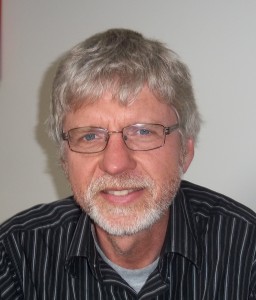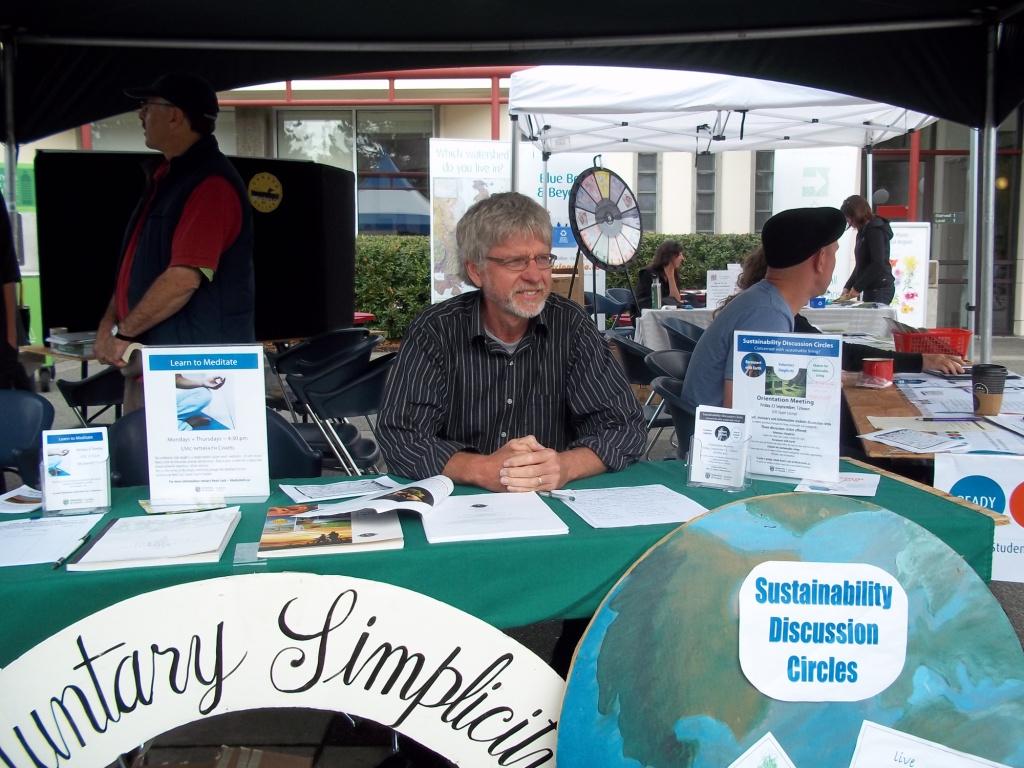 For most students attending university, it is a time of great personal exploration. It was for me.
For most students attending university, it is a time of great personal exploration. It was for me.
Henri Lock helps university students with their internal explorations. He also helps them connect their personal passions, interests, values to opportunities in the external world; of people, work, causes, organizations, Henri is United Church Chaplain at the University of Victoria’s Multifaith Services. It was a pleasure to sit down with him the other day, and learn more about his work, and his views on connecting people, inside and outside.
(Note: This post is one of series, profiling community connectors.)
About Multifaith Services at the University of Victoria (UVIC)
There are 11 chaplains working as part of UVIC’s Multifaith Services. Most of the major faith traditions are represented, including: Islam, Baha’i, Buddhism, Judaism, and Christianity. For the most part, the chaplains work independently, though there is some collaboration between them; e.g., sessions in spirituality, student programs, community service, meditation opportunities. Only two of the chaplains work on a full-time basis, Henri and the Catholic chaplain; the others are part-time. UVIC offers up the space for Multifaith Services. Administrative costs are split between UVIC and the faith traditions, themselves.
Making connections
A long-time UVIC chaplain, Henri remains motivated and inspired by the energy of youth. He enjoys working with youth. His goal is to create context for youth, in which they can learn and grow, spiritually, and in other ways, and realize their innate gifts, as Henri touches on, in this short video clip:
How does one connect a student with community? Henri’s approach is to start with listening (no big surprise), being attentive (a life-long project), listening for opportunities, for people’s dreams, creativity, then asking oneself, what might be the opportunity for this person; what person, group, book, website, might this person benefit from?
In addition to providing meditation and spiritual learning opportunities to students, Henri coordinates small discussion groups each semester. Current topics include voluntary simplicity, deep ecology, and sustainability. These discussions help students connect and live their beliefs and values.
The day I met with Henri, he was also taffing a display, just across the road from his office, as part of Earthfest, a 2-day event focused on sustainability, environmentalism, and activism. (see picture at bottom of post) Events like Earthfest provide a way for Henri to meet and connect with students (and vice versa). And, initial connection need not be face-to-face. Facebook and social media are used, too.
A key to building trusting relationships, says Henri, is being congruent; doing as one says, modeling as one preaches. It’s respecting others. It’s owning up.
From the individual to the larger community, Henri’s hope, and work, is for communities built on respect, diversity, caring and compassion (especially for the most vulnerable), and where there is equity in relationships and access to resources.
A learning journey
Henri’s own learning journey has been both one of circumstance and of the heart.
Born in Holland, he moved to Edmonton at age 12, where he stayed through undergraduate school. Experiences in a Christian-based faith youth organization with a strong social welfare bent, and a job in the inner city, a place of disparities, gave Henri pause to examine his own privilege.
A move to Vancouver, for theology school, was followed with 2 more years working with inner city youth. From there, it was 5 years working in a church position, in Kispiox, a First Nations community in northern BC.
Heavily influenced by the church, his work with the disadvantaged, and First Nations traditions, and with a young family, Henri moved to Victoria 19 years ago, into his current role as a UVIC chaplain.
Always in learning/sharing mode, Henri is involved with The Contemplative Society, has worked extensively with other multi-faith groups in Victoria, and is regular contributor to the Times-Colonist media blog, Spiritually Speaking.
To the reader: What’s your take on working with students?
How do you support students connecting their beliefs to action, in the broader community?
[Leave a comment about this post. Subscribe to the feed to get regular updates.]


Speak Your Mind